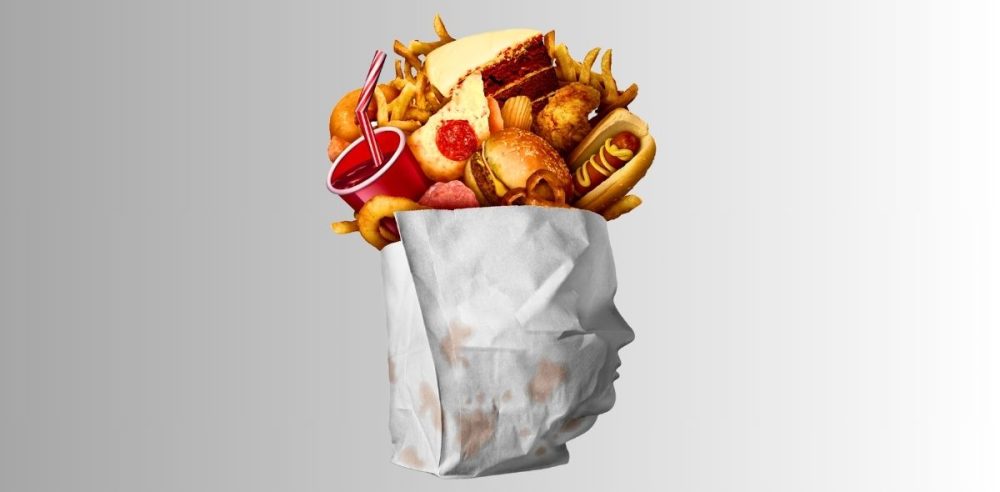While individual food additives have been linked to adverse health outcomes in the past, a new study finds that the combination of certain ingredients can also cause a heightened risk of developing Type 2 diabetes.
On Tuesday, a study published in PLOS Medicine concluded that the consumption of a combination of common food additives was linked to a higher risk of Type 2 diabetes.
Researchers examined roughly eight years of data from more than 108,000 adults during an extensive French study on the connection between diet and health outcomes.
The study assessed five mixes of additives:
- Mixture 1: Sodium carbonates; diphosphates; glycerol; ammonium carbonates; potassium carbonates; sorbitol
- Mixture 2: Modified starches; pectins; guar gum; carrageenan; polyphosphates; potassium sorbate; curcumin; xanthan gum
- Mixture 3: Magnesium carbonates; riboflavin; alpha-tocopherol; ammonium carbonates
- Mixture 4: Ammonium carbonates; sodium carbonates; diphosphates; alpha-tocopherol; DATEM; magnesium carbonates; lecithins
- Mixture 5: Citric acid; sodium citrates; phosphoric acid; sulphite ammonia caramel; acesulfame K; aspartame; sucralose; arabic gum; malic acid; carnauba wax; paprika extract, capsanthin, and capsorubin; anthocyanins; guar gum; pectins
Mengxi Du, a research associate at the Harvard T.H. Chan School of Public Health who studies nutrition and health and wasn’t involved with the study, says that while you would rarely find these exact combinations in any single product, it is possible to consume them across different foods throughout one’s day. This is especially true for individuals who consume a lot of ultraprocessed food.
The broad category of ultraprocessed foods has been linked to negative health outcomes in previous research. Studies have even linked their consumption to higher rates of diabetes.
The latest research discovered that people consuming the ingredients in Mixture 2 and 5 were more likely to develop Type 2 diabetes. Notably, the researchers found that the risk factor was elevated even for people following an otherwise healthy diet.
Of course, the study was not without limitations. The data relied on self-reporting, a notoriously unreliable method.
“The additives may be markers of something else, rather than causing Type 2 diabetes themselves… These could be a marker for what we call calorie density,” said Dr. Tom Rifai, an internal and lifestyle medicine doctor in the Cleveland Clinic’s Department of Endocrinology, Diabetes, and Metabolism.
Marion Nestle, a professor emerita of nutrition, food studies, and public health at New York University, concurred with the theory in an email sent to NBC.
“At the very least, these additives are markers of ultra-processing, which we know makes people eat more without realizing they are taking in a lot more calories,” she said.


